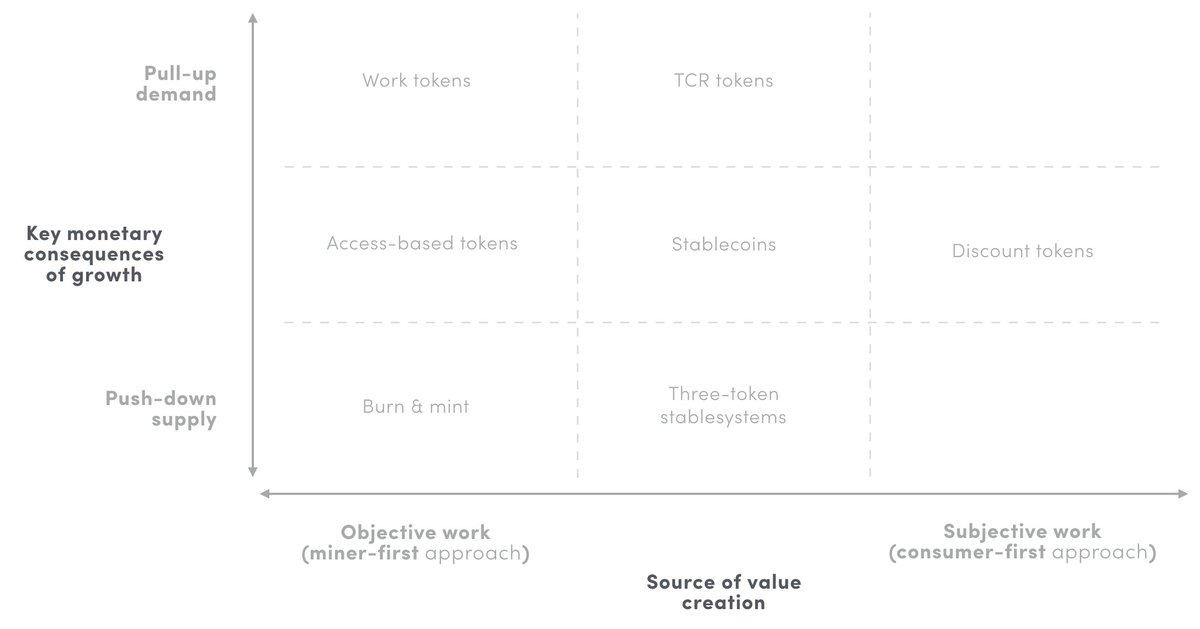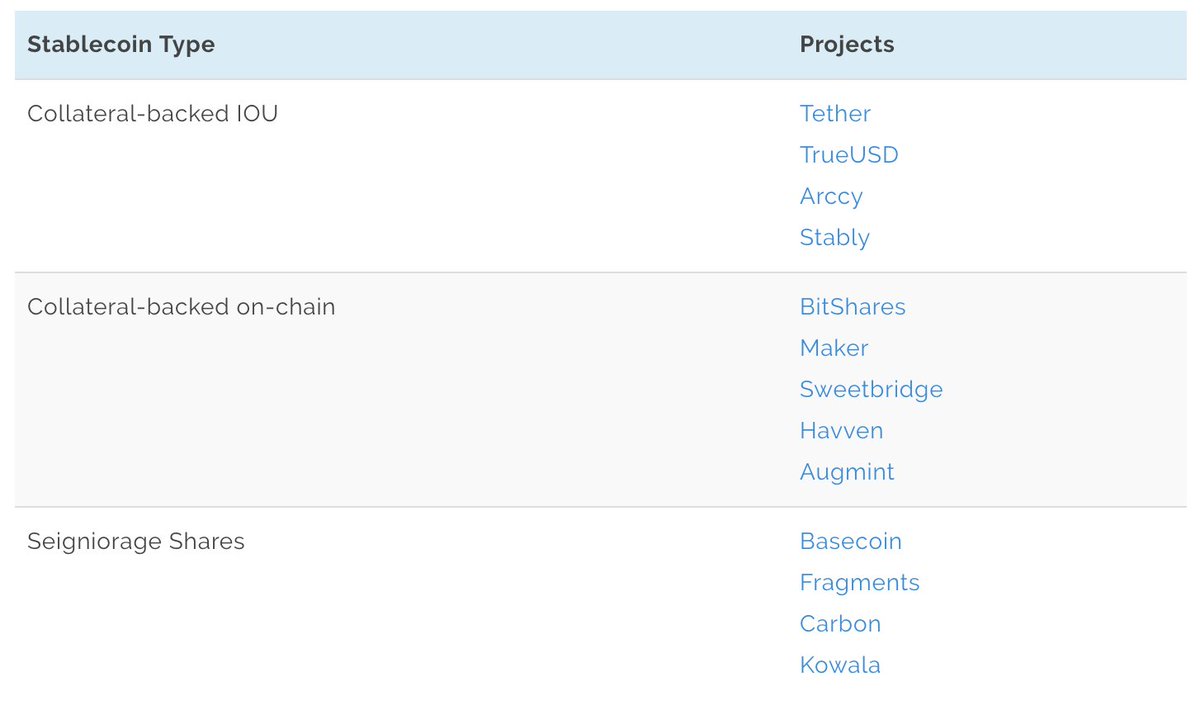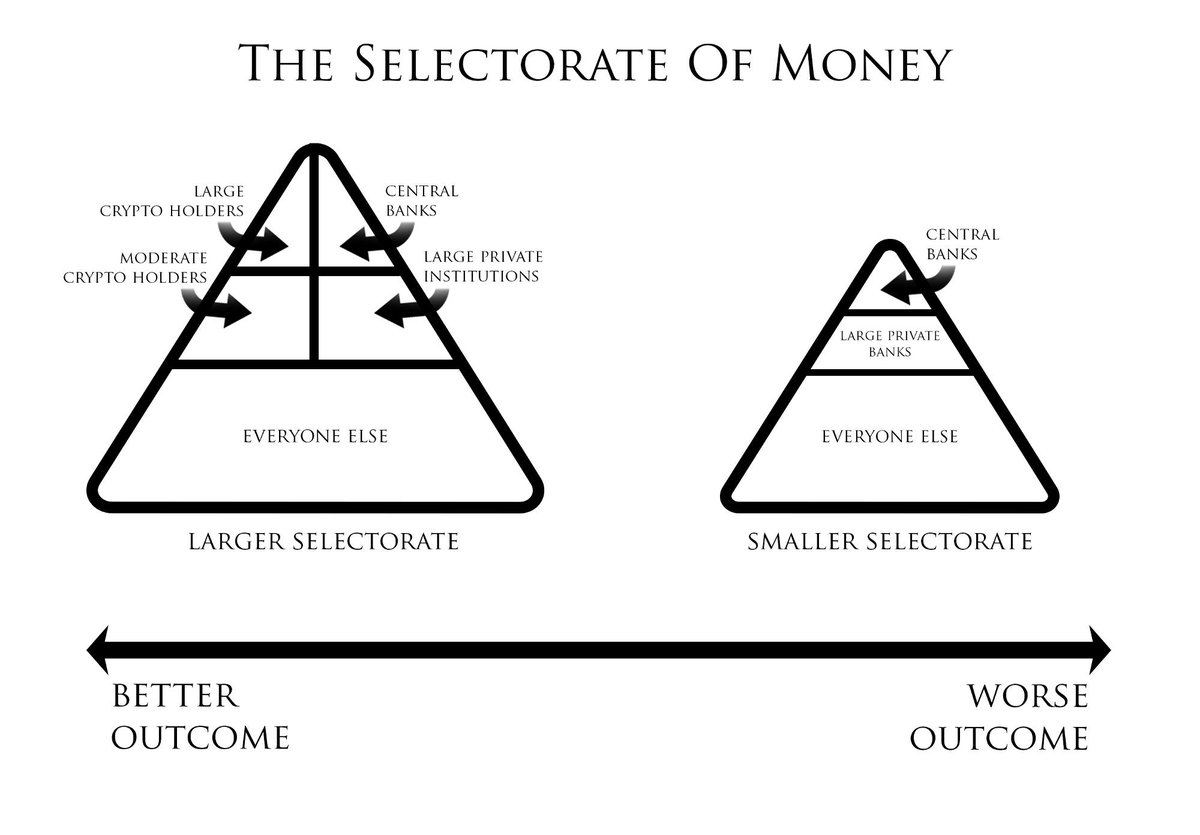

medium.com/paratii/on-the…
Some focus on being competitive for miners (value from objective work). Others, on being ‘rewardful' with end-users (value from subjective work).

multicoin.capital/2018/01/17/an-…


taylorpearson.me/disintermediat…





Get real-time email alerts when new unrolls are available from this author!
Twitter may remove this content at anytime, convert it as a PDF, save and print for later use!

1) Follow Thread Reader App on Twitter so you can easily mention us!
2) Go to a Twitter thread (series of Tweets by the same owner) and mention us with a keyword "unroll"
@threadreaderapp unroll
You can practice here first or read more on our help page!